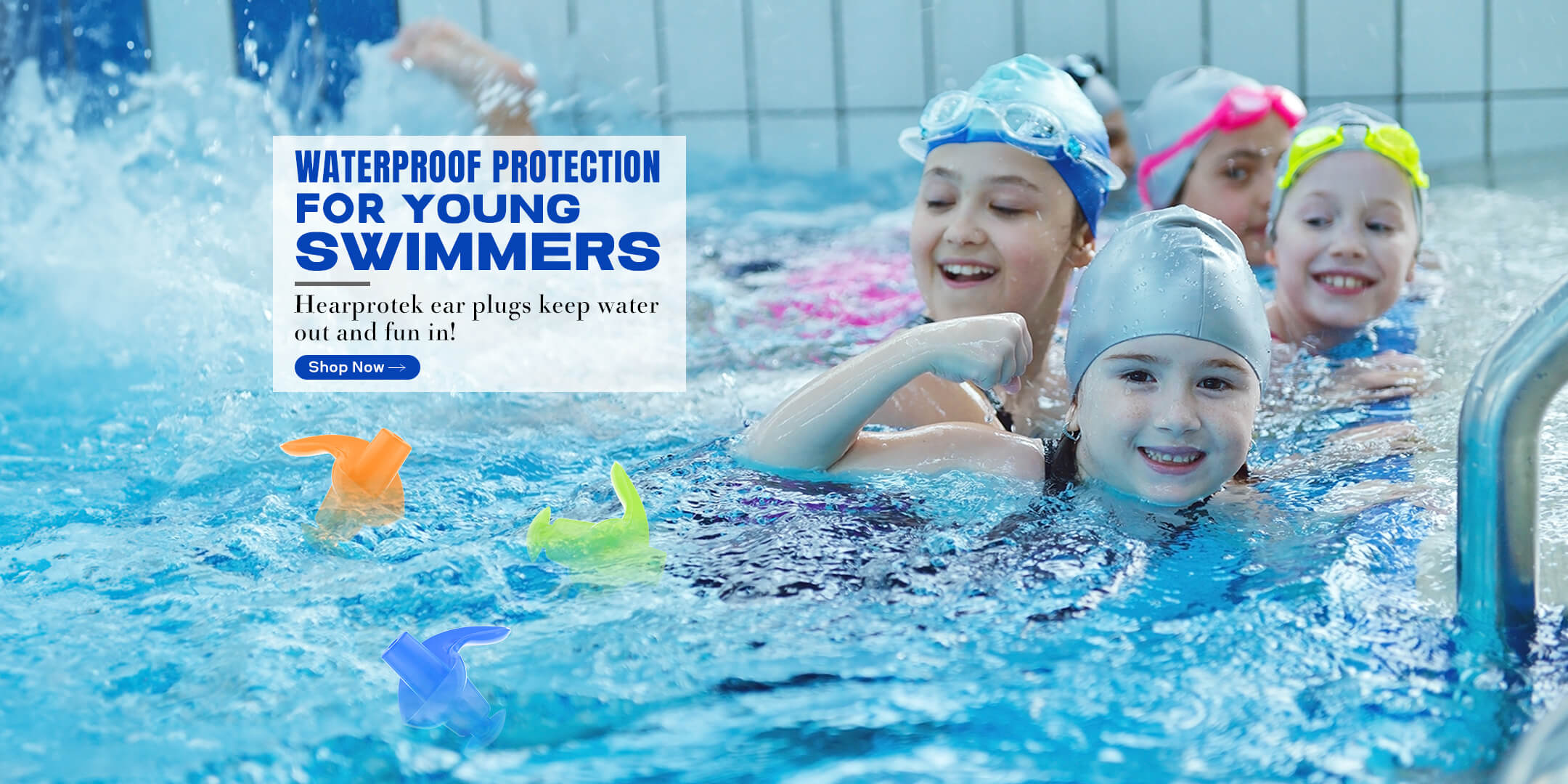In today's fast-paced and industrialized world, many workers are exposed to high levels of noise on a daily basis. Industries such as construction, manufacturing, and aviation are known for their noise-intensive environments, which can have detrimental effects on workers' hearing if proper protection is not utilized. This blog post aims to shed light on the importance of providing adequate hearing protection for workers in such industries, emphasizing the need for ear plugs.

The Consequences of Noise Exposure
Noise-induced hearing loss (NIHL) is a serious occupational hazard that affects millions of workers worldwide. Prolonged exposure to loud noise can damage the delicate structures of the inner ear, leading to permanent hearing loss. According to the World Health Organization (WHO), approximately 16% of hearing loss cases worldwide are attributed to occupational noise exposure.
Workers in noise-intensive industries are particularly vulnerable to NIHL. The constant exposure to loud machinery, equipment, and tools can gradually erode their hearing abilities, impacting their quality of life both on and off the job. Hearing loss not only affects communication and social interactions but also poses safety risks in the workplace, as workers may struggle to hear warning signals or instructions.
The Importance of Proper Hearing Protection
Proper hearing protection is crucial for workers in noise-intensive industries to prevent irreversible damage to their hearing. Ear plugs, in particular, are highly effective in reducing the intensity of noise reaching the ear canal. They create a physical barrier that blocks or absorbs sound waves, safeguarding the delicate structures of the inner ear.
Ear plugs come in various forms, including foam, silicone, and custom-molded options. Each type offers different levels of noise reduction, comfort, and convenience. Employers should provide workers with a range of options to ensure a proper fit and encourage regular use.
Factors to Consider When Choosing Ear Plugs
When selecting ear plugs for workers, several factors should be taken into account:
- Noise Reduction Rating (NRR): The NRR indicates the level of noise reduction provided by the ear plugs. It is important to choose ear plugs with an appropriate NRR that matches the noise levels in the workplace.
- Comfort: Workers are more likely to wear ear plugs consistently if they are comfortable. It is essential to consider factors such as size, shape, and material to ensure a comfortable fit.
- Communication: Some ear plugs may attenuate noise to such an extent that it becomes difficult for workers to communicate effectively. Selecting ear plugs that allow for clear communication while still providing adequate protection is crucial.
- Hygiene: Regular cleaning and maintenance of ear plugs are essential to prevent the buildup of dirt and bacteria. Disposable ear plugs may be more suitable for certain industries where hygiene is a priority.
Conclusion
Protecting workers' hearing in noise-intensive industries is of utmost importance. The use of proper hearing protection, such as ear plugs, can significantly reduce the risk of noise-induced hearing loss and its associated consequences. Employers should prioritize the implementation of comprehensive hearing conservation programs that include regular noise assessments, education and training, and the provision of high-quality hearing protection devices.
By investing in the well-being of their workers' hearing, employers can create a safer and more productive work environment. Let us strive to ensure that "Why Proper Hearing Protection is Vital for Workers in Noise-Intensive Industries" becomes a universally recognized principle in the industrial world.







